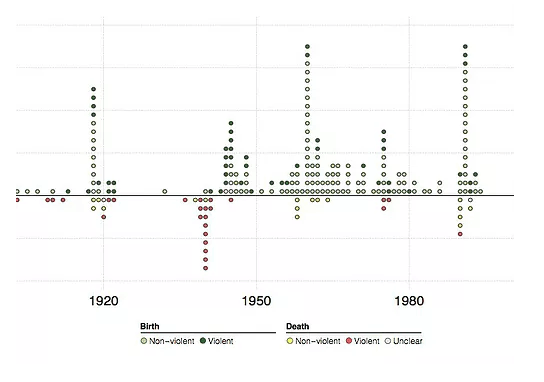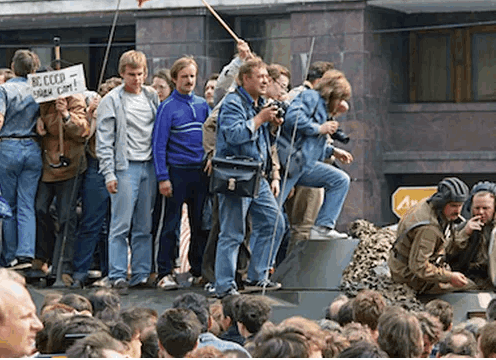Autocratic Diffusion and Great Power Politics. Working Paper. Presented at the workshop “Global Populisms and International Diffusion”, Stanford University, March 2019.
The rise and fall of great powers has frequently shaped cascades of autocratic diffusion. What can these past episodes help us see about the contemporary spread of autocracy? Historically, great power transitions have produced autocratic diffusion in two ways. First, the rise of autocratic great powers leads to waves of autocracy driven by conquest but also by self-interest and even admiration, as in the fascist wave of the 1930s or the post-1945 Communist wave. Second, the rise of democratic great powers leads to waves of democratization, but these waves inevitably over-extend and collapse, leading to waves of failed consolidation and rollback. While both democratic rollback and authoritarian cascades look like autocratic diffusion, they stem from very different causes. A key question is whether modern democratic decline is a post-1991 correction – that is, the delayed but inevitable rollback of the post-Soviet wave – or the beginning of a truly new wave of autocracy. I conclude with a speculative postscript about the one-party state as an emerging organizational (rather than ideological) rival to democracy.

